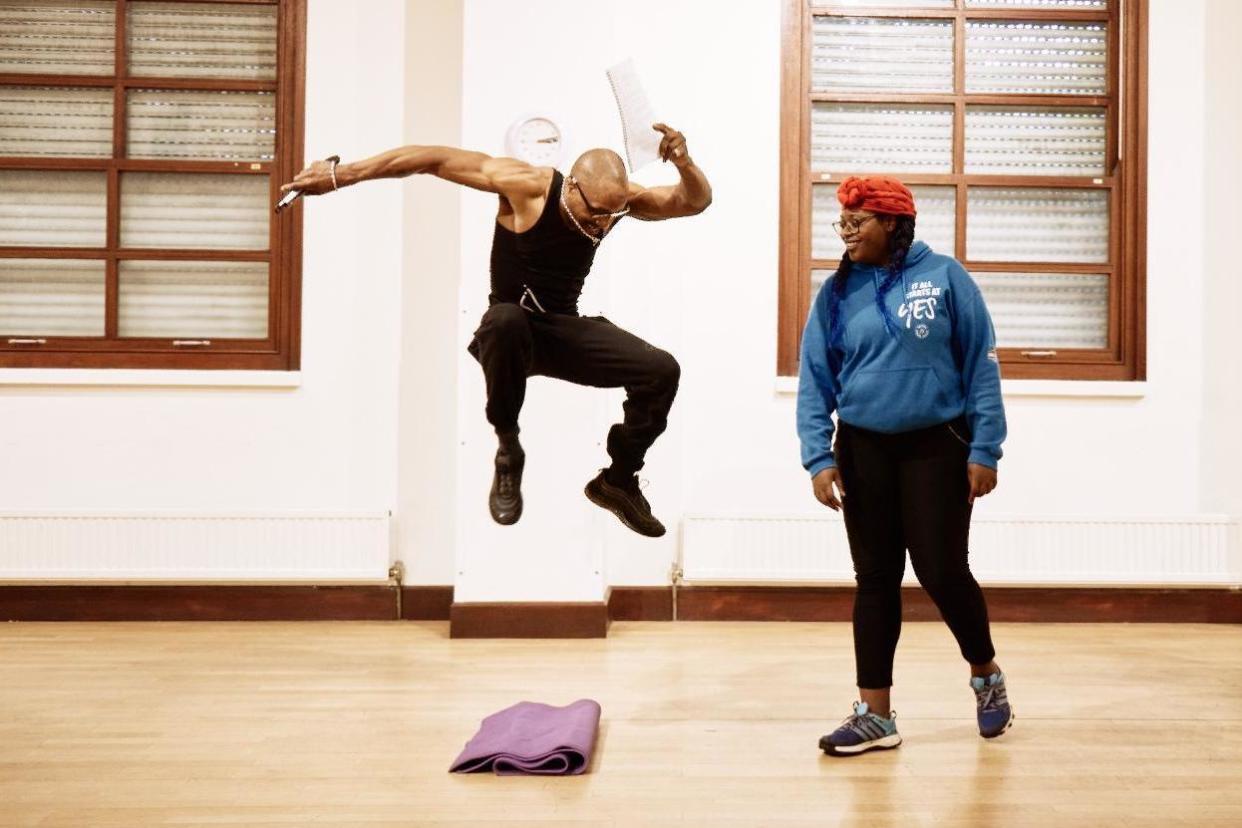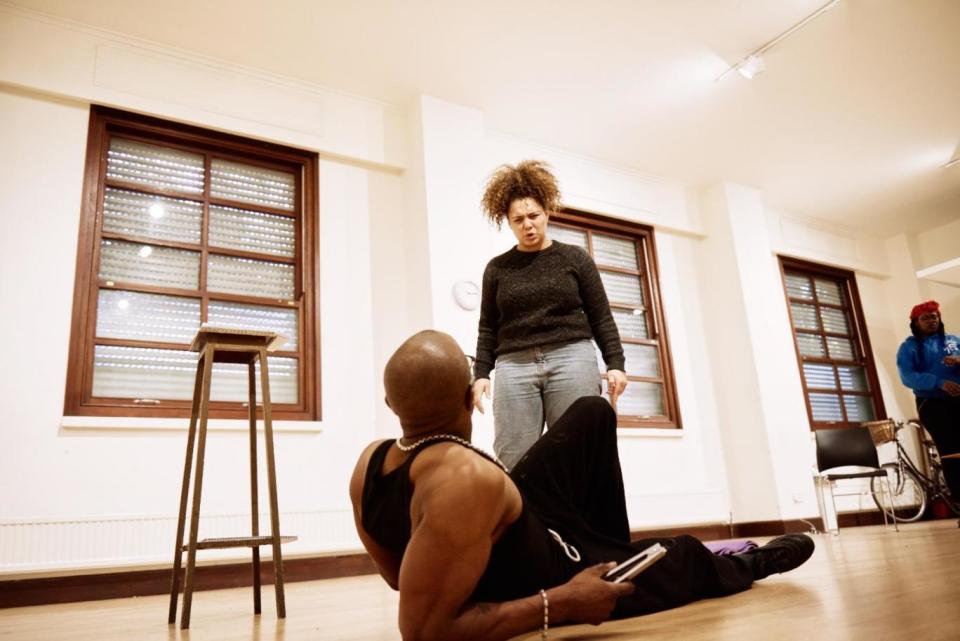National Care Leavers Week: How care leavers find support in the arts

On the site where Battersea Arts Centre now stands, Jeanie Nassau Senior used to live. A social activist and Britain’s first female civil servant, Senior formed the foundations of foster care in the 19th century.
Nearly 150 years later, Battersea Arts Centre is holding a new festival created by and celebrating the artistic contributions of care leavers (people who have been in care).
This week is National Care Leavers Week, running from today until October 31. Established in 2002 by the Care Leavers Association, it was set up to highlight the needs of those who have been in care and encourage the organisations responsible to make sure they’re providing the best support possible.
The first Going Places festival also begins today. It’s the only one of its kind and brings performers, artists and speakers who have been in care together to look at the roots of the care system, its benefits, flaws and aspirations for the future.
Bobbi Byrne, herself a care leaver, founded the festival: “National Care Leavers Week historically has sat in the silos of academia and the social care and charity sectors. I have felt a need for this exploration or conversation to be expanded beyond these provocations and these settings, to rest in arts centres, theatres, cafes, youth clubs, living rooms and even between care experienced persons themselves.”
She will be performing a new piece looking at the fragility of memory through her own experience of care, using records from that time. Maybe This is What it Looks Like is a work in progress piece looking at the history of life in care.
The festival takes its name from a poem by Lemn Sissay which says: “I think I'll paint roads on my front room walls to convince myself that I am going places.” As a care leaver, he is also performing a new one-man show called You Never See an Alien with an Afro. He journeys from Greek myths to Marvel films to Harry Potter, looking at hero origin stories and the thread that runs through so many: that they were orphaned, fostered or adopted.
The final theatre piece in the festival is DenMarked by Conrad Murray, who founded the Battersea Arts Centre’s Beatbox Academy. He presents an autobiographical hip hop show moving from a child’s life of abuse, neglect and racial tension on a council estate to a future made brighter by creativity and music.
Further events include an exhibition of artwork by care leavers, author readings and talks about the care system experience and its future.
“How we prepare our children in care for the future is a collective question,” says Byrne. “By creating a festival like Going Places, I hope it plays a part in ensuring care leavers have a future where they no longer hustle for worthiness and have a sense of place in society by seeing others who represent a journey similar to their own.”
Also creating a space for care leavers is the Big House, a theatre company working with care leavers at high risk of social exclusion. They are currently in rehearsals for their show Bullet Tongue, which opens at their new Islington premises on November 14.
Maggie Norris founded the theatre company five years ago after noticing the high proportion of young offenders who had been in care. For each Big House production, a playwright works with the cast to create a show that incorporates their own experiences. For this production, playwrights Andrew Day and Sonya Hale have collaborated to create Bullet Tongue, a story about London’s county lines drug dealing. Some of the cast were recruited by London gangs as early as 13 years old.
“This project is pulling them out of this situation with the creation of the play,” says Norris.
“The stories we tell are rarely heard, giving some of the most marginalised young people in our society a platform to speak.”
As well as theatrical performance skills, the young people’s engagement with the Big House offers a support system they might have never experienced, with life and employment workshops, counselling and peer to peer mentoring, all of which equip them with the confidence to live independently.
“We help heal the wounds inflicted in early life, bridging the emotional gap created by a profound lack of self-esteem and the constant relational, social and psychological upheavals that are experienced by care leavers.”

Up until a few months ago, the Big House didn’t have a permanent home. For the past five years they have rehearsed and performed in cinemas, car parks, community centres and warehouses. Now they have moved into a former mirror factory off Essex Road. The importance of this can’t be understated, says Norris.
“Having a home is an emotional issue for our care leavers, many of whom have been moved from placement to placement. A sense of belonging is profoundly important.”
Both the Big House theatre company and BAC’s Going Places festival demonstrate the important role the arts world can play in carving out spaces for care leavers, creating events that, according to Byrne, “I would have wanted to go to as a care leaver, and one I desperately need as an adult”.
Going Places runs at the Battersea Arts Centre from October 24-November 3, bac.org.uk
Bullet Tongue runs at 151 Englefield Road, N1 from November 14-December 8, thebighouse.uk.com


